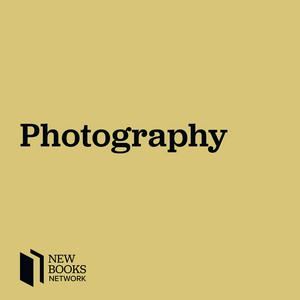Digital Expressions of the Self(ie): The Social Life of Selfies in India
Selfies are more than fleeting images—across India, they shape how people imagine themselves, connect with others, and inhabit spaces.
In this episode of the Nordic Asia Podcast, Prof. Xenia Zeiler from the University of Helsinki talks to Prof. Avishek Ray about his co-authored book Digital Expressions of the Self(ie): The Social Life of Selfies in India. This book explores how the digital selfie, unlike traditional photography, turns the lens inward while reconfiguring social identities, gender norms, power relations, and everyday interactions. Drawing on rich, situated examples, it shows how selfies operate as acts of self-making and place-making in contemporary India. At once playful and political, intimate and public, selfies offer a fascinating entry point into the fast-changing cultures of digital media and visual expression.
Avishek Ray is Associate Professor of Cultural Studies at the National Institute of Technology Silchar, India. His research spans mobility, marginality, and digital culture, with a focus on South Asia. He is the author of The Vagabond in the South Asian Imagination (Routledge, 2022) and co-author of Digital Expressions of the Self(ie): The Social Life of Selfies in India (Routledge, 2024). A Fulbright-Nehru Fellow (2021), he has held visiting fellowships at institutions across Europe, North America, and Asia.
Xenia Zeiler is Professor of South Asian Studies at the University of Helsinki. Her research and teaching are situated at the intersection of digital media, culture, and society, specifically as related to India and global Indian communities. Her focus within this wider field of digital culture is video games and gaming research, in India and beyond. She also researches and teaches digital religion, popular culture, cultural heritage, and mediatization processes.
Learn more about your ad choices. Visit megaphone.fm/adchoices
Support our show by becoming a premium member! https://newbooksnetwork.supportingcast.fm/photography


